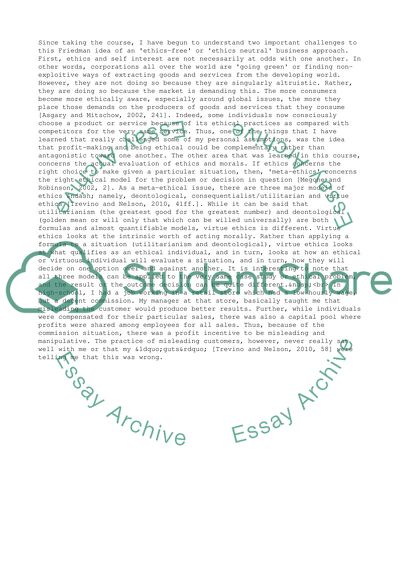Cite this document
(“Analysis of an Ethical Dilemma Coursework Example | Topics and Well Written Essays - 1500 words”, n.d.)
Retrieved from https://studentshare.org/business/1426093-analysis-of-an-ethical-dilemma
Retrieved from https://studentshare.org/business/1426093-analysis-of-an-ethical-dilemma
(Analysis of an Ethical Dilemma Coursework Example | Topics and Well Written Essays - 1500 Words)
https://studentshare.org/business/1426093-analysis-of-an-ethical-dilemma.
https://studentshare.org/business/1426093-analysis-of-an-ethical-dilemma.
“Analysis of an Ethical Dilemma Coursework Example | Topics and Well Written Essays - 1500 Words”, n.d. https://studentshare.org/business/1426093-analysis-of-an-ethical-dilemma.


